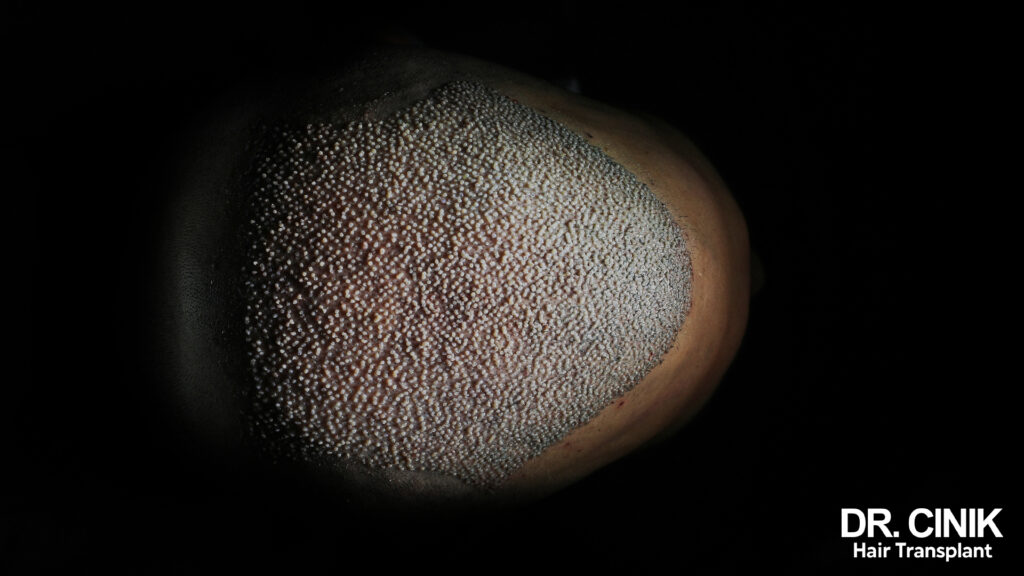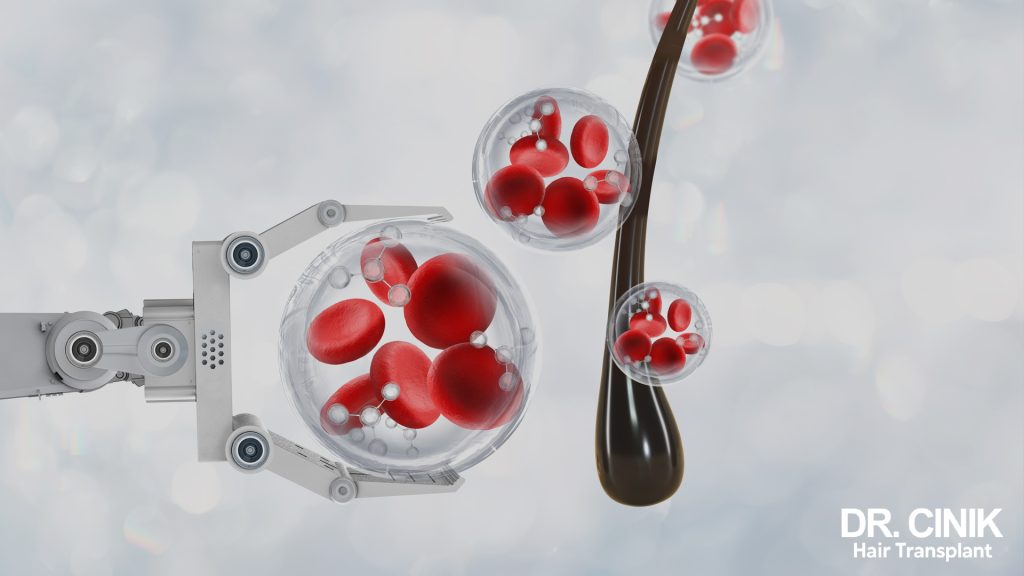Can You Smoke Before and After a Hair Transplant?
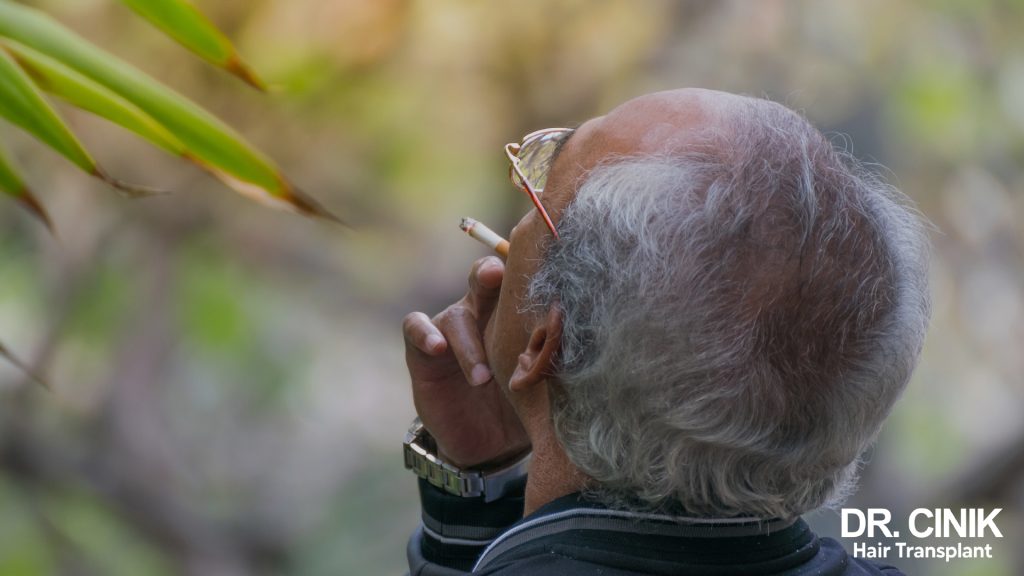
Sommaire
Smoking can severely jeopardise the success of a hair transplant. Surgeons often advise patients to quit smoking at least 15 days before and three weeks after the procedure to ensure better outcomes for their hair restoration journey.
The Detrimental Effects of Smoking on Hair Transplantation
Vasoconstriction: The Constriction of Blood Vessels
Cigarette smoke induces vasoconstriction, narrowing the blood vessels that nourish the scalp. This minimizes the delivery of oxygen and essential nutrients necessary for the new hair grafts to thrive and survive.
Hypoxia: Oxygen Deprivation in Scalp Tissue
Research has demonstrated that smoking just one cigarette can significantly lower tissue oxygen levels in the skin for a period of 30 to 50 minutes. For habitual smokers, this state of hypoxia becomes a recurring issue throughout the day, which can be particularly harmful during the hair transplant healing process. Adequate oxygenation is crucial for revascularization and the successful acceptance of transplanted hair follicles.
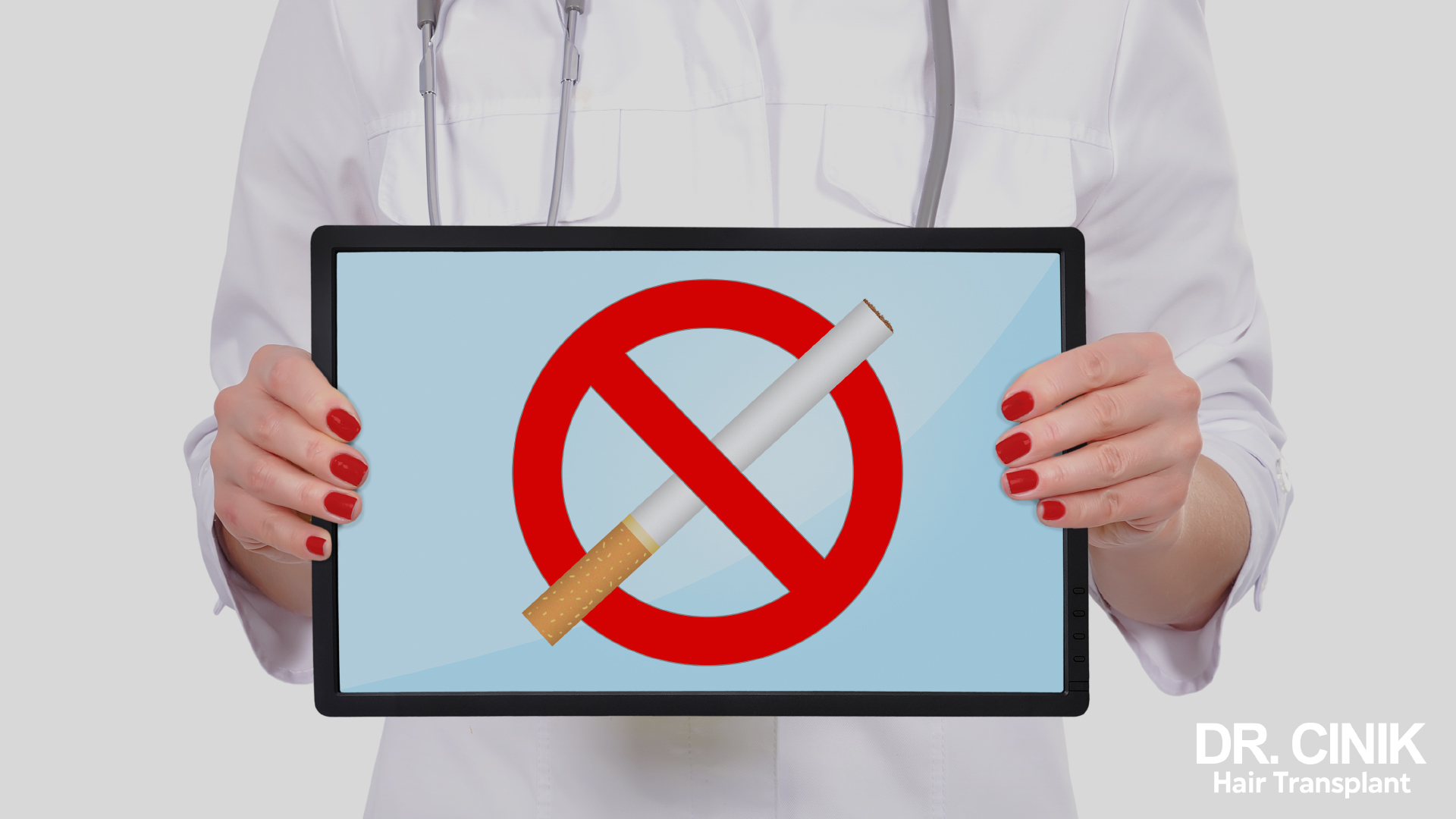
The Impact of Smoking on Wound Healing
Smoking, through the presence of nicotine and carbon monoxide, impedes the body’s natural wound-healing process. Consequently, tissue repair following cosmetic procedures or hair transplants is compromised. Smokers may experience prolonged recovery times and less effective healing.
Nicotine’s Effect on Blood Clotting
Nicotine can lead to excessive bleeding during procedures such as hair transplants by interfering with clot formation, which is essential for stopping blood loss. This issue can arise during the extraction of hair follicles or while preparing the scalp for FUE implantation. The resulting increase in haemorrhage may cause extensive crusting on the scalp after surgery, leading to discomfort from itching and irritation.
Anaesthesia and Nicotine Interaction
The interference of nicotine with the body’s oxygen circulation also affects the distribution of anaesthetic agents. Such disruption can result in inadequate anaesthesia, increasing the potential for complications and challenges during the hair transplant process.
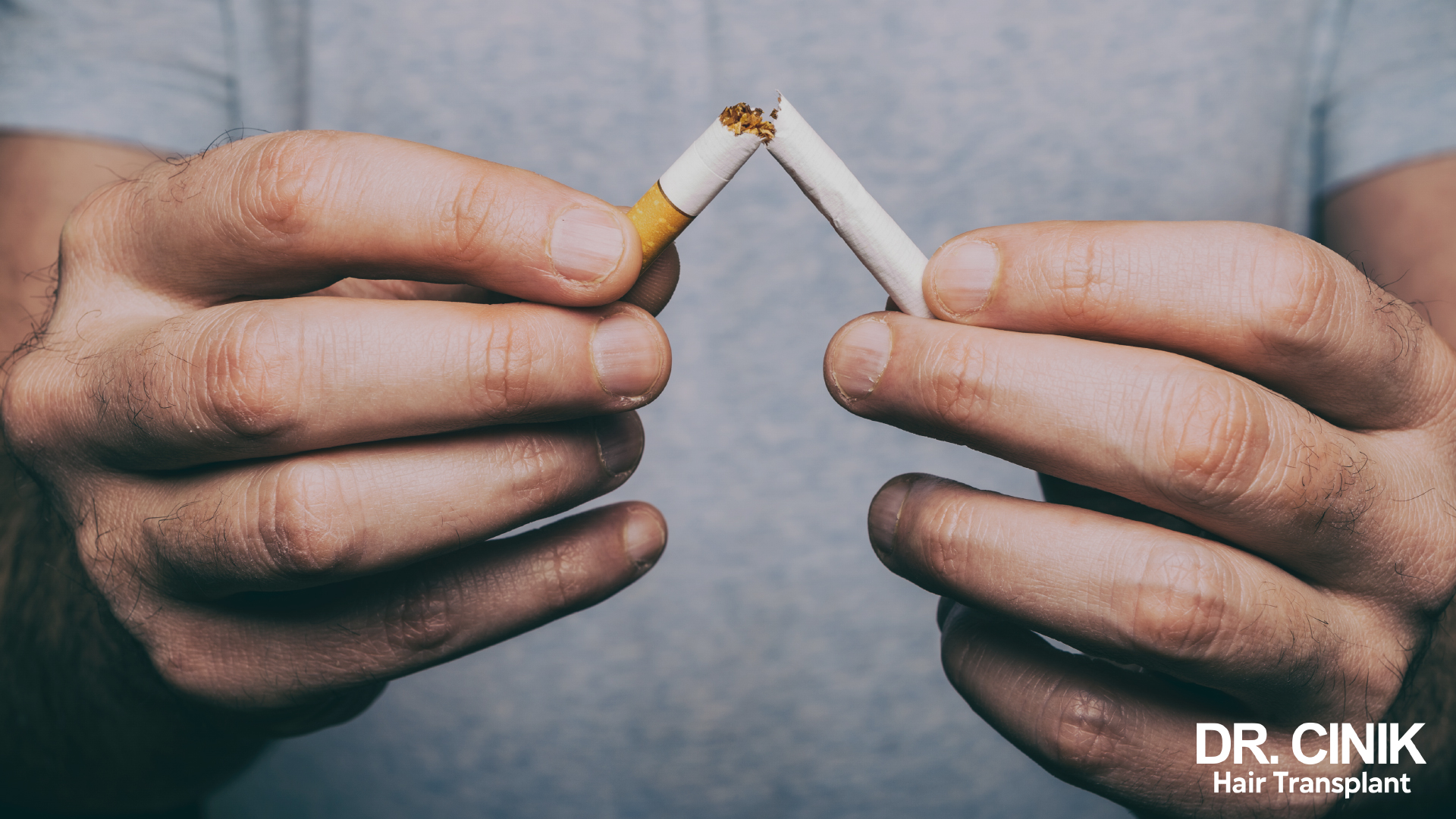
When to Pause and Resume Smoking After a Hair Transplant
Cease Smoking at Least 15 Days Before the Hair Transplant
For smokers planning a hair transplant, it’s important to stop smoking at least two weeks prior to the procedure. This timeframe allows oxygen levels in the tissues to normalise. Halting smoking 15 days before the surgery enhances the blood supply and oxygen delivery to the scalp, which is beneficial during the operation. It also aids in revascularisation of the newly transplanted follicles in the crucial hours after the surgery.
Maintain Abstinence for At Least 3 Weeks Post-Procedure
Post-surgery, it’s recommended to avoid smoking for an additional three weeks. This period is essential for the survival of the grafts and their successful integration into the scalp. Nicotine hinders the healing process, threatening the transplanted follicles’ vascularisation, which can dramatically decrease the likelihood of successful graft regrowth.
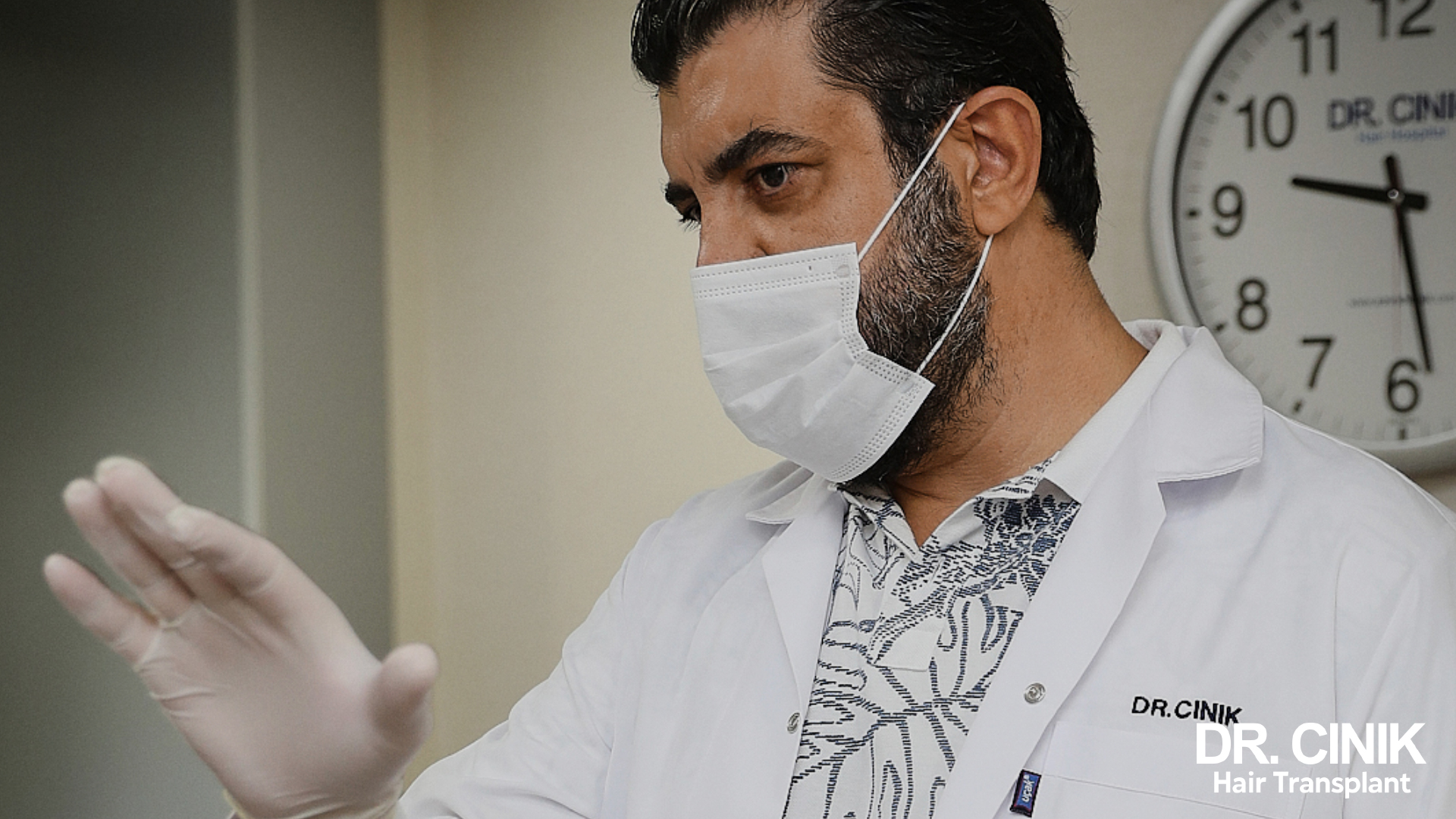
What Are the Challenges of Quitting Smoking, and What Solutions Exist?
Some patients may struggle to give up smoking, particularly if they are highly dependent on nicotine. They could suffer withdrawal symptoms like nervousness, irritability, anxiety, and difficulty concentrating. Fortunately, various methods are available to ease the quitting process, including nicotine replacement products such as gums and patches, cognitive-behavioural therapies, smoker helplines, and specialized medical assistance. It’s important to discuss smoking cessation with your surgeon well before the procedure to develop a plan to help you quit.
Is There a Recommended Duration for Quitting Smoking Before a Hair Transplant?
Experts typically advise quitting smoking at least 6 months prior to a hair transplant surgery. This yields immediate health benefits and markedly enhances blood flow to the scalp, substantially boosting the odds of a successful transplant and robust graft growth over time. Moreover, since smoking can worsen the effects of androgenetic alopecia, quitting also aids in slowing down the progression of hair loss.
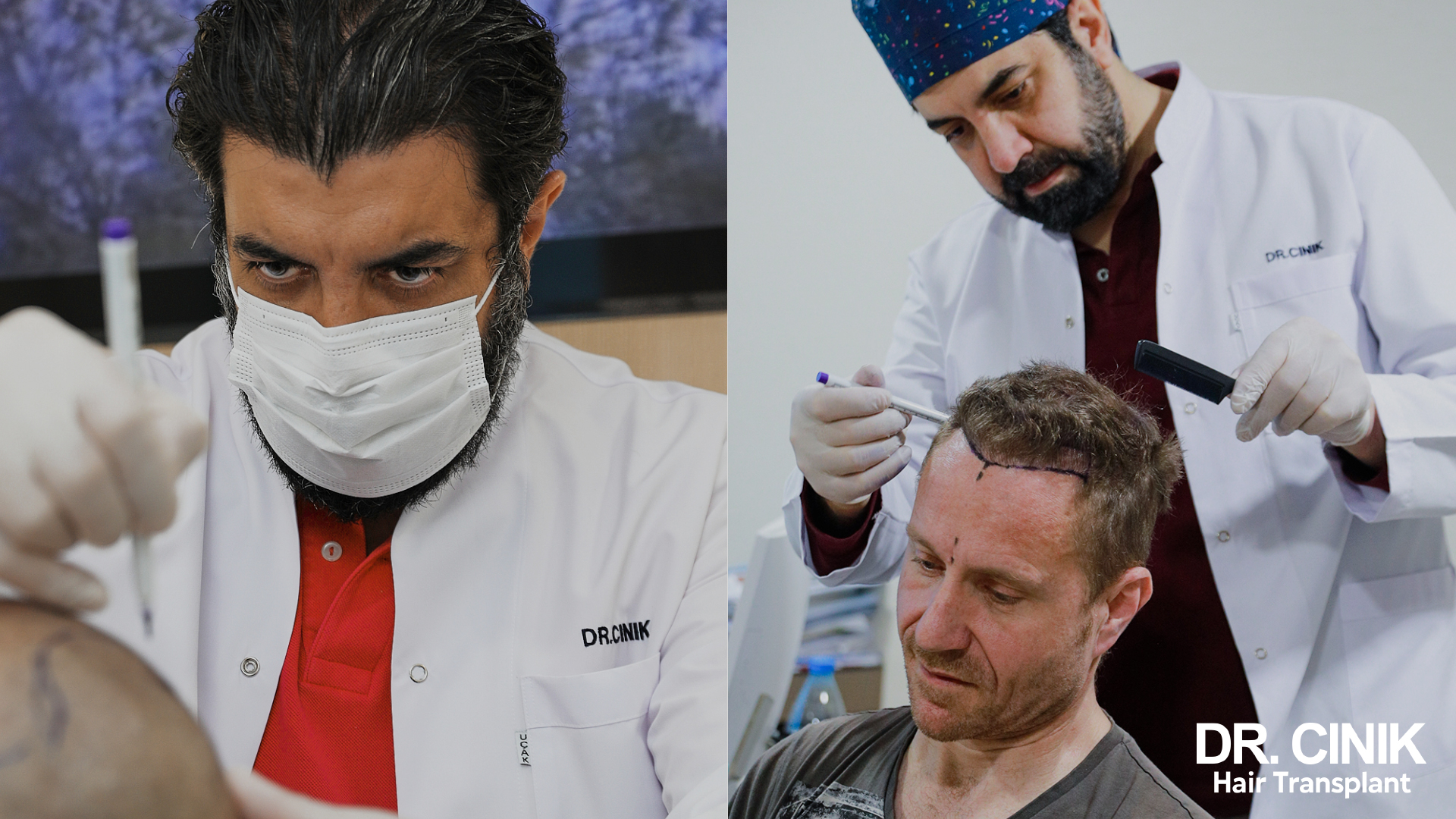
Conclusion
In summary, cessation of smoking is crucial both before and after a hair transplant to maximize the likelihood of a successful outcome. Smoking triggers vasoconstriction and hypoxia within the skin’s tissue, which can be harmful to the newly implanted grafts. Furthermore, nicotine can hinder post-surgery healing. It is highly recommended to abstain from smoking for at least 15 days prior to and 3 weeks following the procedure. For optimal results, patients are urged to consider quitting long-term, ideally starting 6 months before surgery. This delivers immediate health advantages and enhances scalp quality and blood vessel health over the long haul, consequently improving the transplant results.
These rigorous guidelines are aimed to ensure optimal hair regrowth post-transplant and significantly boost the patient’s quality of life in the long run.
We strongly recommend consulting a healthcare professional for tailored advice on quitting smoking in preparation for your surgical procedure.
 en
en
